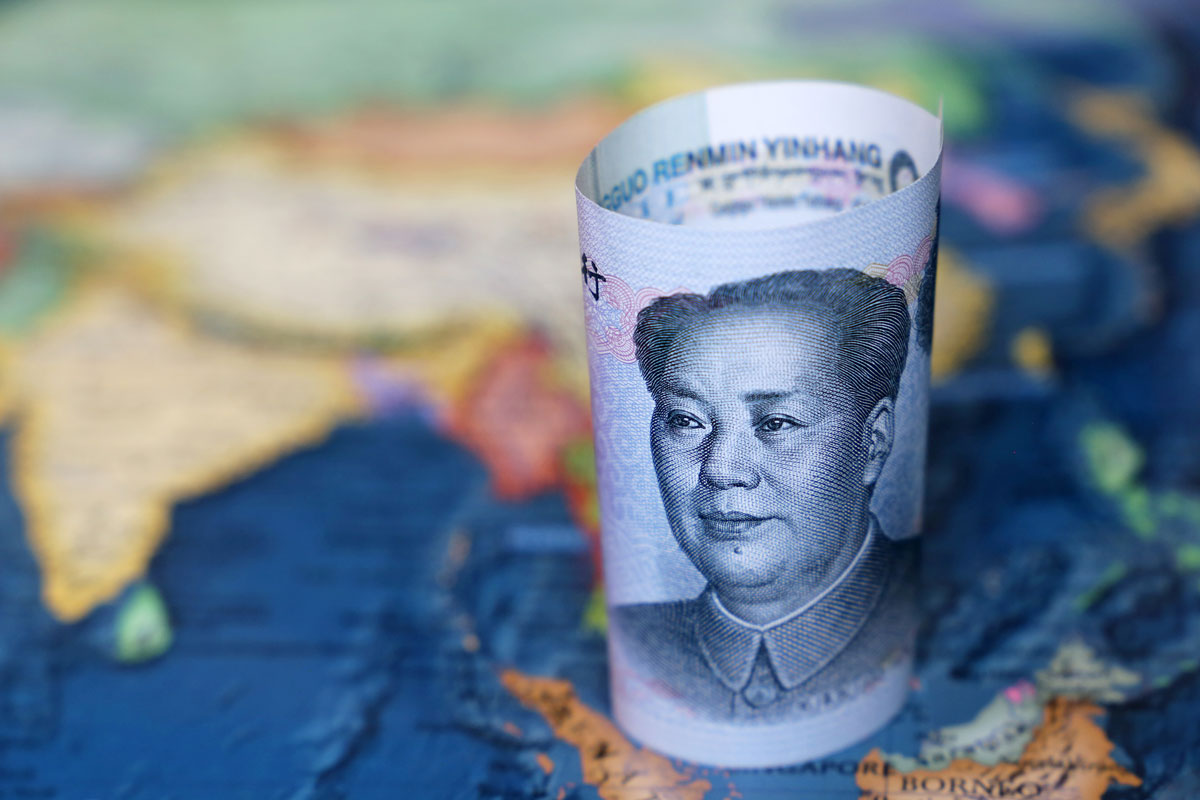China’s latest affordable housing policy marks a significant step in addressing both the housing crisis and broader economic challenges. By converting unsold apartments into affordable homes, the government aims to tackle an oversupply in the property market while simultaneously providing accessible housing for various demographics. This innovative approach could not only stabilise the housing sector but also stimulate domestic consumption, providing a much-needed boost to the economy.
One of the most commendable aspects of the policy is its inclusiveness. It recognises the diverse needs of the population by offering three distinct types of affordable housing: public rental housing, government-subsidised rental housing, and shared ownership homes. This multifaceted approach ensures that a wide range of individuals, from low-income families to young professionals and skilled workers, can benefit from the programme. By setting income thresholds and providing substantial subsidies, the government ensures that housing remains within reach for those who need it most. The financial mechanisms underpinning this policy are said to be robust and multifaceted. Local governments are leading the charge, but central authorities are stepping in to provide critical support. The finance ministry’s frontloading of subsidies and the central bank’s increase in pledged supplementary lending funds are pivotal moves.
Advertisement
These actions not only demonstrate the government’s commitment but also ensure that sufficient resources are available to meet the ambitious housing targets. Moreover, the introduction of a 300 billion yuan relending facility specifically for affordable housing underscores a strategic use of financial instruments to address social needs. The policy’s potential to revitalise the real estate market is significant. By converting unsold apartments into affordable housing, the government addresses the issue of excess supply, which has plagued the Chinese real estate market in recent years. This move could help stabilise property prices and restore confidence among investors and consumers alike. Furthermore, it aligns with broader urban renewal and infrastructure projects, creating a cohesive strategy to rejuvenate urban areas and stimulate economic growth. Importantly, this policy also aims to reduce the financial burden on households.
With affordable housing options, families and individuals can allocate less of their income to rent or mortgage payments. This increased disposable income can then be channelled into other areas of the economy, driving domestic consumption and fostering economic resilience. In a country where savings rates are traditionally high, this shift could have profound implications for economic dynamics and growth. However, the success of this policy will hinge on effective implementation and oversight. Local governments that are often accused of sloth and corruption must ensure that the quality of converted housing meets acceptable standards and that the allocation process is transparent and fair. Additionally, continuous support from Beijing will be crucial in maintaining momentum and addressing any unforeseen challenges











